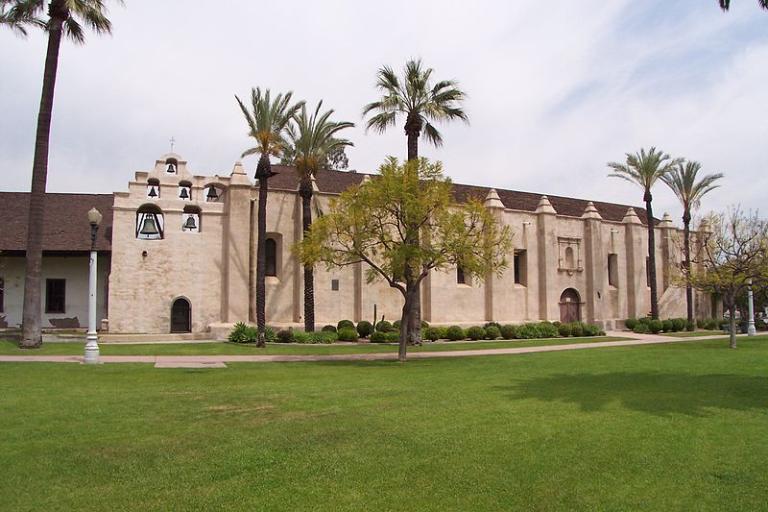
(Wikimedia Commons public domain)
Some years ago, when Hillary Clinton published her book It Takes a Village, many conservatives hotly denounced the title, which purportedly came from an African proverb holding that “it takes a village to raise a child.” They saw the title — correctly, for all I know — as a call for greater government involvement in childrearing.
I certainly understand objecting to that.
However, although I’m a very serious conservative and not even remotely an admirer of Hillary Clinton, I didn’t join in the chorus decrying the book’s title. Why? Because I’m convinced that it does “take a village to raise a child” — or, at a minimum, that it’s much easier to raise a child if your village is helping you to do it.
Consider Western society today, where, on many centrally important matters (e.g., faith, family, chastity, and on and on) our “village” is substantially hostile to the values that we as adults wish to transmit to our children and grandchildren. Wouldn’t it be nicer, and easier, to have the society around us supporting our values rather than mocking and denigrating them and seeking to seduce us and our posterity into abandoning them?
The answer seems obvious to me.
But it’s also true that, many times, others can teach children things that — for a multitude of reasons — the parents can’t.
One of the pivotal characters in my past is my old Scoutmaster, George Schmidt. From him, I came to love mountains and backpacking and, in certain crucial ways that I might not have learned otherwise, to value substantial achievement over show. Could my father have taught me the same things? Probably. But I expect that he appreciated Mr. Schmidt’s support.
Another is my San Gabriel High School German teacher, Lenore Smith. Miss Smith, which is what we called her in those long-ago and primitive days, was probably quite young when I met her as a thirteen-year-old high school freshman. (All adults seemed immeasurably — almost undifferentiatedly — old to me then.) She already had undergraduate and graduate degrees in German and piano performance, and she took one year off while I was in high school to work on yet another master’s degree (in German linguistics) at the Universität Heidelberg.
One of her practices, in her third- and fourth-year classes, was to reward her advanced students with actual substance, rather than with more interminably dull language drills. So, one year, we concentrated on German music (e.g., Bach, Mozart, Telemann, Beethoven, Brahms, Wagner, Strauss 1 and Strauss 2, Schönberg, and so forth). And, in the other year, we looked at German art and architecture. It was in this class that I first really came to know such terms as Romantisch, Klassisch, Barock, Rokoko, and Bauhaus, and such figures as Albrecht Dürer (d. 1528), Gustav Klimt (d. 1918), Paul Klee (d. 1940), Lyonel Feininger (d. 1956), Walter Gropius (d. 1969), and Oskar Kokoschka (d. 1980).
I didn’t come from a family where classical music was played or German expressionism discussed, so Miss Smith really opened my eyes (and my ears) to a whole new world. I discussed these subjects in then-halting German before I could discuss them in English. I’ve loved classical music ever since, and Dürer, Klimt, and Feininger, in particular, have long been favorite artists of mine. I’m forever grateful to Lenore Smith, and in her debt.
I think that I saw her only once after graduating from high school. She invited a few of us to come for dinner to her condo, which, as you might expect, was centered on a concert grand piano and crammed with books, art, and musical scores. Ever since, she has partially embodied to me what a genuinely cultivated person looks like.
Unfortunately, despite several attempts over the years, I’ve been unable to find her again. She apparently left San Gabriel High School not too long thereafter — she was, at that dinner party, already lamenting the decline in interest in studying German, and was having to teaching remedial English and history courses (where, she said, she came under heavy pressure to give passing grades to students who needed to have the final exams read to them) — and I can find no trace of her.
I would love to tell her, if she’s still around, what an enormous, life-transforming impact she had on me.
Posted from Seaside, Oregon












